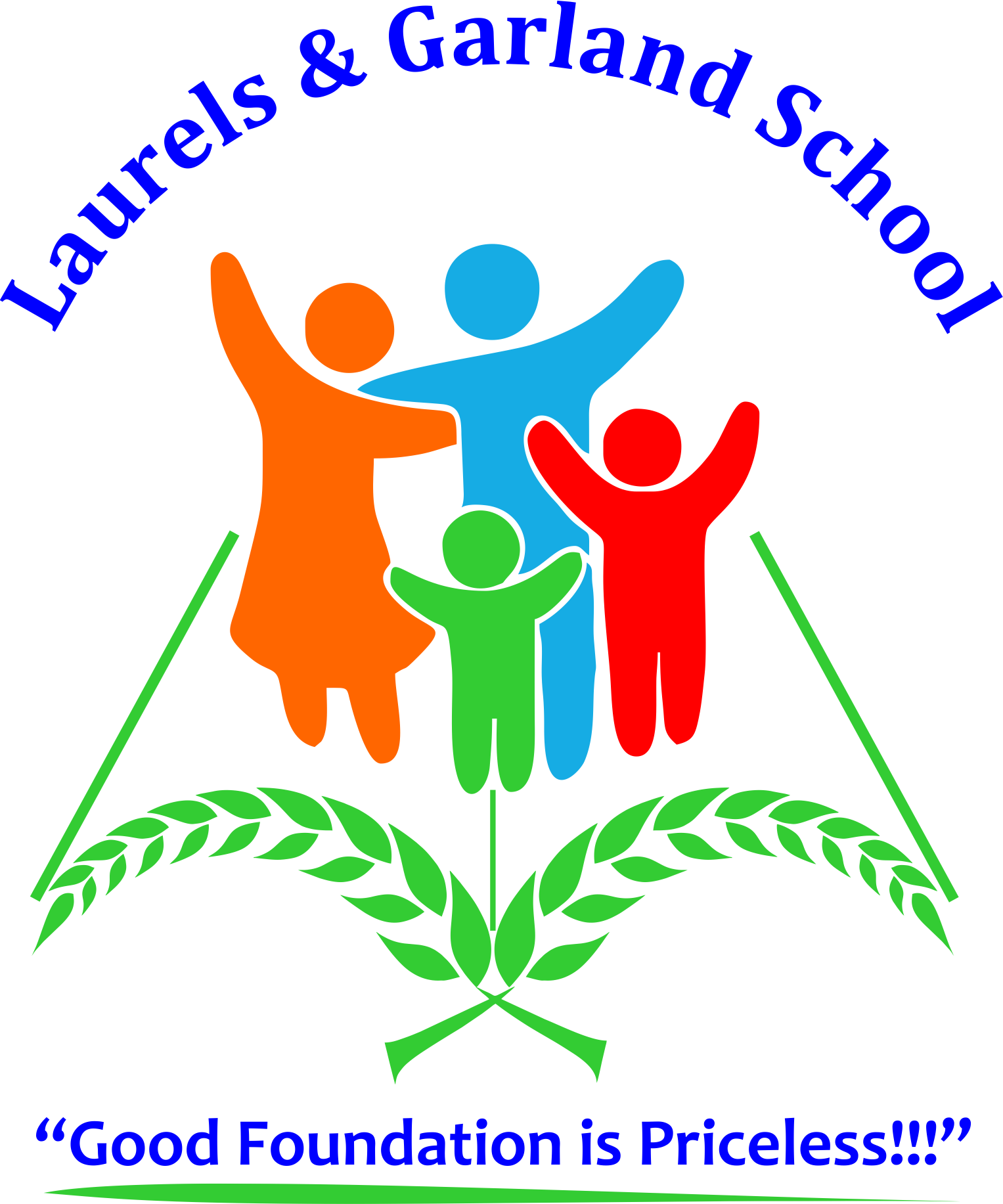MEDICATION AND DISPENSING POLICY
- When ever possible, it is best that medication be given at home. Dosing of medication can frequently be done so that the child receives medication prior to going to school, and again when returning home and/or at bedtime. The Parent/guardian is encouraged to discuss this possibility with the child’s health care provide
- The first dose of any medication should always be given at home and with sufficient time before the child returns to school to observe the child’s response to the medication given. When a child is ill due to a communicable disease that requires medication as treatment, the health care provider may require that the child be on a particular medication for 24 hours before returning to school. This is for the protection of the child who is ill as well as the other children at Laurels & Garland.
- Medication will only be given when ordered by the child’s health care provider and with written consent of the child’s Parent/legal guardian. “Permission to Give Medication in Childcare” form must be completed before any medication will be given at the centre.
- “As needed” medications may be given only when the child’s health care provider completes a permission form that lists specific reasons and times when such medication can be given.
- Medications given in the Center will be administered by a staff member designated by the Center’s Chief Administrator and will be informed of the child’s health needs related to the medication.
- Any prescription or over-the-counter medication brought to the center must be specific to the child who is to receive the medication, in its original container, have a child- resistant safety cap, and be labeled with the appropriate information as follows and be accompanied by a doctors or health care provider’s prescription:
- Prescription medication must have the original pharmacist label that includes the pharmacists phone number, the child’s full name, name of the health care provider prescribing the medication, name and expiration date of the medication, the date it was prescribed or updated, and dosage, route, frequency, and any special instructions. All prescriptions must be with the current date or accompanied by a current note from your doctor of health care provider. It is suggested that the Parent/guardian ask the pharmacist to provide the medication in two containers, one for home and one for use in childcare.
- Over the counter medication must have the child’s full name on the container, and the manufacture’s original label with dosage, route, frequency, and any special instructions for administration and storage, and expiration date must be clearly visible. This must be accompanied by a prescription from your doctor or health care provider on each occasion. Any over the counter medication without instructions for administration specific to the age of the child receiving the medication must have a completed permission form from the health care provider prior to being administered in the childcare center.
- Exceptions to the above prescription/over counter medication:
The center will limit the dispensing of non-prescription over the counter medication to ones with written consent by signature of the child’s Parent/guardian on the medication permission form.
*Non-Aspirin* fever reducers (children’s Paracetamol, Efpac).
All medications will be stored Inaccessible to children; separate from staff or household medications, under proper temperature control. A small lock box will be used in the refrigerator to hold medications requiring refrigeration.
- If a child has chronic health condition requiring the administration of prescription or non-prescription medication or health care procedures on a long-term basis, the center shall obtain from the child’s Parent a written statement from a health care provider, indicating:
- The name of the child;
- The name of the medication or procedure;
- The condition or indications for administration of the medication or procedure and date of medication
- The instructions for administration of the medication or procedure;
- The name and telephone number of the health care provider that is prescribing medication.
- Unused or expired medication will be returned to the Parent/guardian when it is no longer needed or be able to be used by the child.
- Records of all medication given to a child are completed in ink and are signed by the staff designated to give the medication. These records are maintained in the Center.
- Information exchange between the Parent/guardian and childcare provider about medication that a child is receiving should be shared when the child is brought to and pick-up from the Center. Parents/guardians should share with the staff any problems, observations, or suggestions that they may have in giving medication to their child at home, and likewise with the staff from the center to the Parent/guardian.
- Confidentiality related to medications and the Center’s Chief Administrator and staff will safeguard their administration. Parents/guardians may request to see/review their child’s medication records maintained at the Center at any time.
- Parent/guardian will sign all necessary medication related forms that require their signature, and particularly in the case of the emergency contact form, will update the information as necessary to safeguard the health and safety of their child.
- Parent/guardian will authorize the Chief Administrator or Chief Administrator Designee to contact the pharmacist or health care provider for more information about the medication the child is receiving, and will also authorize the health care provider to speak with the Chief Administrator or Chief Administrator’s designee in the event that a situation arises that requires immediate attention to the child’s health and safety particularly if the Parent/guardian cannot be reached.
- Parent/guardian will read and have an opportunity to discuss the content of this policy with the Chief Administrator or Chief Administrator’s designee. The Parent signature on this policy is an indication that the Parent accepts the guidelines and procedures listed in this policy and will follow them to safeguard the health and safety of their child.
